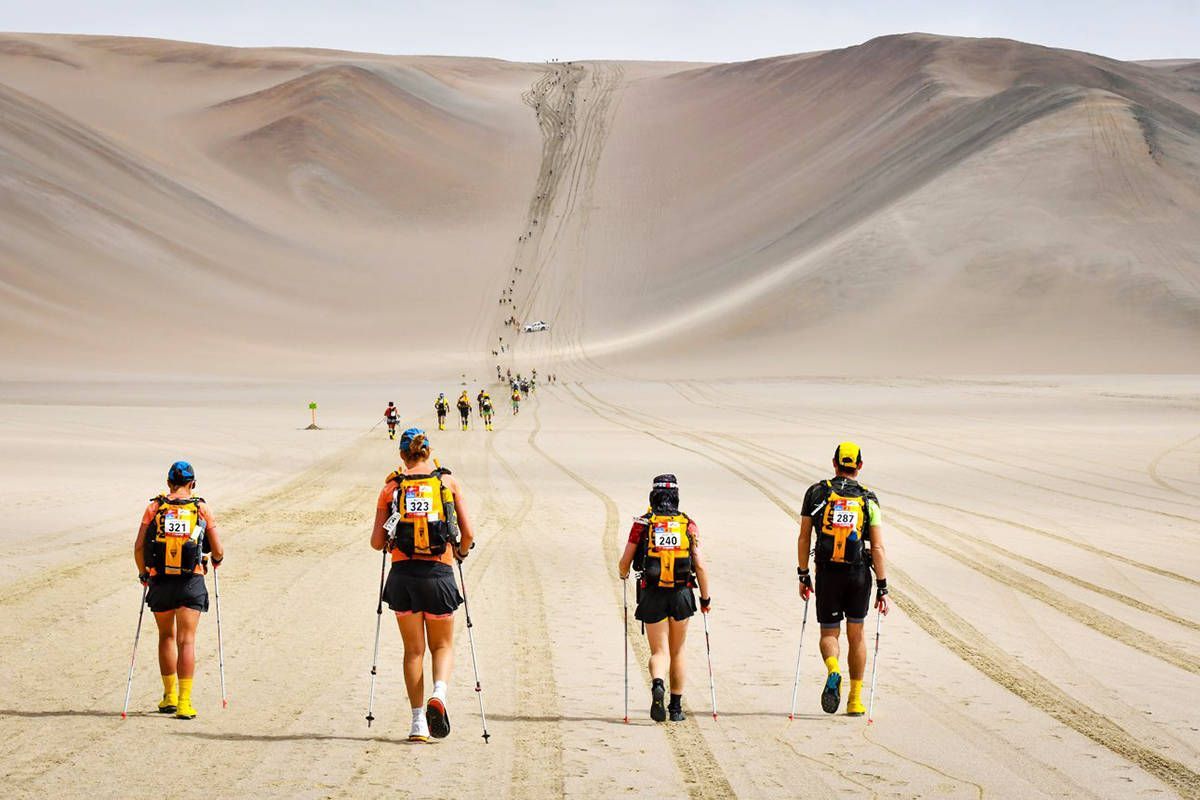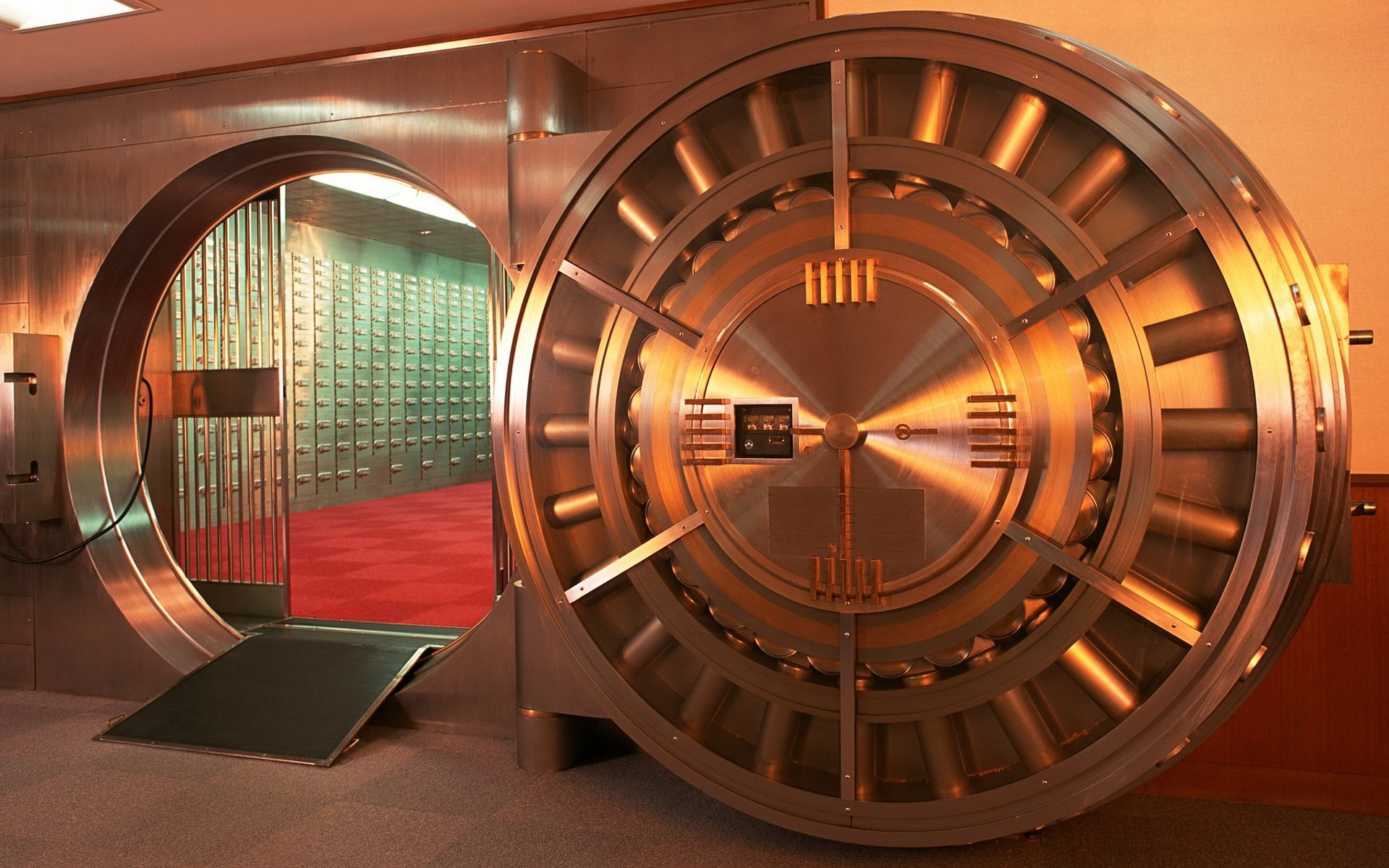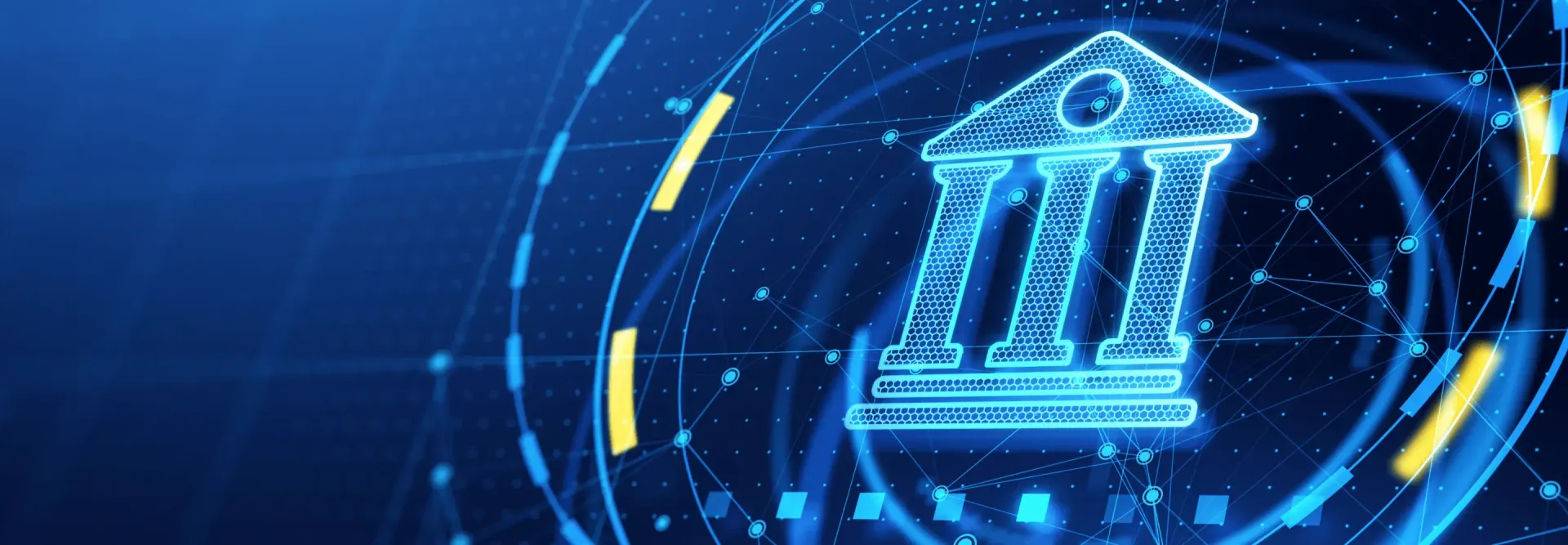The economic downturn is pushing entrepreneurs to accelerate "go to market"?
Analysis of past downturns suggests that timing errors will happen again.

Research by Maria Roche highlights that entrepreneurial success may depend on more than a great idea, plenty of connections, and financial backing, new research suggests. The entrepreneur’s job security may also play a significant role:
- Uncertain job prospects, such as those caused in financial downturns, sometimes convince entrepreneurs to improve their financial situation by rushing new ventures to market. In doing so, they sacrifice quality standards and ultimately underperform their peers;
- This is particularly problematic in high tech, where entrants need strong intellectual capital, talented specialists, and access to significant financial resources, prerequisites that are hardly conducive to spur-of-the-moment actions.
The reasearch studied 3,025 US founders from 2005 to 2012 and their 1,747 startups in the biotechnology and medical device sectors during previous economic downturns. Their research was conducted before COVID-19 came knocking this year. An earlier version of their paper was published in 2019.
The first finding is that an increase in the unemployment rate is associated with a substantial rise in the share of entrepreneurs who are most sensitive to worsening labor market conditions (mainly PhDs/postdocs and individuals previously employed at small firms). Specifically, the results indicate that a one percentage point increase in the unemployment rate is associated with a 36 percent rise in the odds that founders are PhD/postdocs relative to our benchmark of professor founders. Similarly, the odds that founders were previously employed at small firms increases by 29 percent.
"Examining venture performance in the first few years after creation, we find that startups founded by individuals most sensitive to labor market conditions display lower financial and innovative performance than startups founded by entrepreneurs who are less sensitive. Our results suggest that these different responses to worsening labor market conditions explain at least 11 percent of the established negative relationship between unemployment and startup performance outcomes." - Maria P. Roche.
An extensive number of additional analyses we conducted confirm that findings are most likely driven by changes in individuals’ opportunity costs of starting new ventures as a result of worsening labor market conditions and not by changes in skills, or technological and financing opportunities.
Those individuals most sensitive to business cycles are enticed to lower the quality threshold, the bar, for turning existing ideas into new ventures during downturns, resulting in negative startup performance outcomes.
Similarly COVID-19 may induce individuals who are most sensitive to labor market conditions to start new ventures in order to avoid being unemployed, or to escape another type of unfavorable job situation. As a consequence, the quality threshold that the idea underlying the startup needs to pass may be lower than during normal times. Considering findings from other periods of economic distress, lowering the idea-quality bar may then imply long-term negative outcomes in terms of a venture’s innovative and financial performance on average.
Funding opportunities may dry up as venture capitalists increasingly struggle to raise new funds or exit from their existing investments. Investors may target less risky projects or projects related to COVID-19, primarily in the life sciences sector, as the latter might have higher expected returns. As a result, entrepreneurs outside of the life sciences or pursuing more risky projects might find it difficult to obtain adequate funding.
To the extent that individuals may be induced to start new ventures out of “necessity” (in a very broad sense of the term), they may have to lower their quality threshold for turning ideas into new ventures. This mechanism, coupled with the diminished availability of financing, may have a negative impact on entrepreneurs’ ability to obtain cash, exit, and innovate.
Some advices:
According to Maria Roche, she would advise those with outside options or operating in areas unrelated to COVID-19 to consider waiting, if possible, until the economy rebounds. A temporary period of unemployment or reduced compensation/advancement prospects may be the better alternative for individuals relative to initiating a venture with poor prospects.
After all, starting a company takes a lot of time, resources, and energy, and is a long-haul game. Conditions at the time of founding matter, so entrepreneurs may want to wait for better times and develop their ideas further to extract more value from their efforts.
Maria Roche: "Relative to past recessions, when studying the current pandemic we need to consider a host of factors that are simultaneously at play. Just to name a few, there is pervasive uncertainty regarding the virus itself (when can we expect a vaccine?), and the pandemic has hit countries and regions in very different ways. In the meantime, we are faced with trade disputes, consumers are changing habits, and companies are adjusting their business models. Untangling the role of any of these factors presents a tough puzzle for any researcher to crack.
My goal for the next few years is to dig deeper and better understand how we can design and manage our most imminent environments—our neighborhoods, may they be of physical, social, or intellectual nature—to best support knowledge creation, diffusion, and performance outcomes."
by Alessio De Filippis, Founder and Cheif Executive Officer @ Libentium.
Founder and Partner of Libentium, developing projects mainly focused on Marketing and Sales innovations for different type of organizations (Multinationals, SMEs, - Start-ups).
Cross-industry experience: Media, TLC, Oil & Gas, Leisure & Travel, Biotech, ICT.
Read more:
- Small Businesses Are Worse Off Than We Thought
- Research Paper: Financial Distancing: How Venture Capital Follows the Economy Down and Curtails Innovation
- Your Customers Have Changed. Here's How to Engage Them Again











